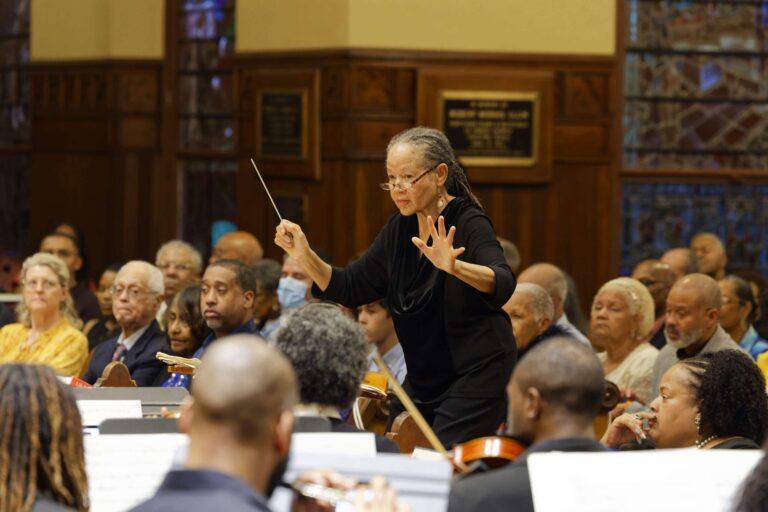Juneteenth, also known as Freedom Day, Jubilee Day, Liberation Day, and Emancipation Day, marks the anniversary of the announcement of General Order No. 3 by Union Army General Gordon Granger on June 19, 1865, in Galveston, Texas. This order proclaimed the freedom of enslaved African Americans in Texas, the last Confederate state to have institutional slavery.
Here’s the history and order of events revealing how Juneteenth became a holiday:
19th Century Origins
President Abraham Lincoln issued the Emancipation Proclamation on Jan. 1, 1863, declaring all slaves in Confederate states to be free. However, enforcement depended on the advancement of Union troops. On June 19, 1865, two months after the Confederate General Robert E. Lee’s surrender, General Granger arrived in Galveston and announced that the war had ended and that the enslaved were now free.
The first Juneteenth celebrations began in Texas in 1866. These included prayer services, music, barbecues, and other community gatherings.
20th Century Recognition
As African Americans migrated out of Texas, they carried the tradition of Juneteenth to other parts of the United States. The civil rights movements of the 1950s and 1960s renewed interest in Juneteenth. The holiday became a symbol of African American freedom and achievement.
Official Recognition
Texas became the first state to officially recognize Juneteenth as a state holiday on January 1, 1980, through the efforts of Al Edwards, an African American state legislator. Over the following decades, more states began to recognize Juneteenth as a holiday or day of observance. Interest in Juneteenth grew nationally with increased attention to African American history and culture.
Federal Holiday
Advocacy for making Juneteenth a federal holiday gained momentum in the 21st century, especially during the Black Lives Matter protests in 2020 following the deaths of George Floyd, Breonna Taylor, and several others. In June 2021, Congress passed the Juneteenth National Independence Day Act. The Senate passed it on June 15, 2021, and the House passed it on June 16, 2021. President Joe Biden signed the bill into law on June 17, 2021, making Juneteenth the 11th federally recognized holiday in the United States.
Official State Holidays
Juneteenth is recognized as either a holiday or a day of observance by all 50 U.S. states and the District of Columbia. However, the level of observance varies, depending on the state:
- Texas: The first state to recognize Juneteenth as a state holiday in 1980.
- New York: Recognized Juneteenth as a state holiday starting in 2021.
- Virginia: Declared Juneteenth a state holiday in 2020.
- New Jersey: Made Juneteenth a state holiday in 2020.
- Massachusetts: Recognized Juneteenth as a state holiday in 2020.
- Pennsylvania: Designated Juneteenth as a state holiday in 2019.
- Illinois: Made Juneteenth a state holiday starting in 2021.
- Connecticut: Recognized Juneteenth as a state holiday in 2021.
- Oregon: Designated Juneteenth as a state holiday starting in 2022.
- Washington: Recognized Juneteenth as a state holiday in 2021.
In other states, Juneteenth is observed with varying degrees of formal recognition, typically as a day of observance, commemoration, or special celebration. These states include:
- California: Recognizes Juneteenth as a day of observance.
- Florida: Recognizes Juneteenth as a day of observance.
- Michigan: Recognizes Juneteenth as a day of commemoration.
- Minnesota: Observes Juneteenth as a day of observance.
- Ohio: Recognizes Juneteenth as a day of commemoration.
- Wisconsin: Observes Juneteenth as a day of recognition.
- South Carolina: Recognizes Juneteenth as a day of observance.
- North Carolina: Recognizes Juneteenth as a day of observance.
Modern Celebrations
Juneteenth is now celebrated nationwide with a variety of events including parades, concerts, educational activities, and cultural exhibitions. It serves as a day to reflect on the history of slavery, celebrate African American culture, and promote the ongoing struggle for civil rights and equality.
The recognition of Juneteenth as a federal holiday underscores its significance in American history and the importance of acknowledging and celebrating the end of slavery in the United States.








